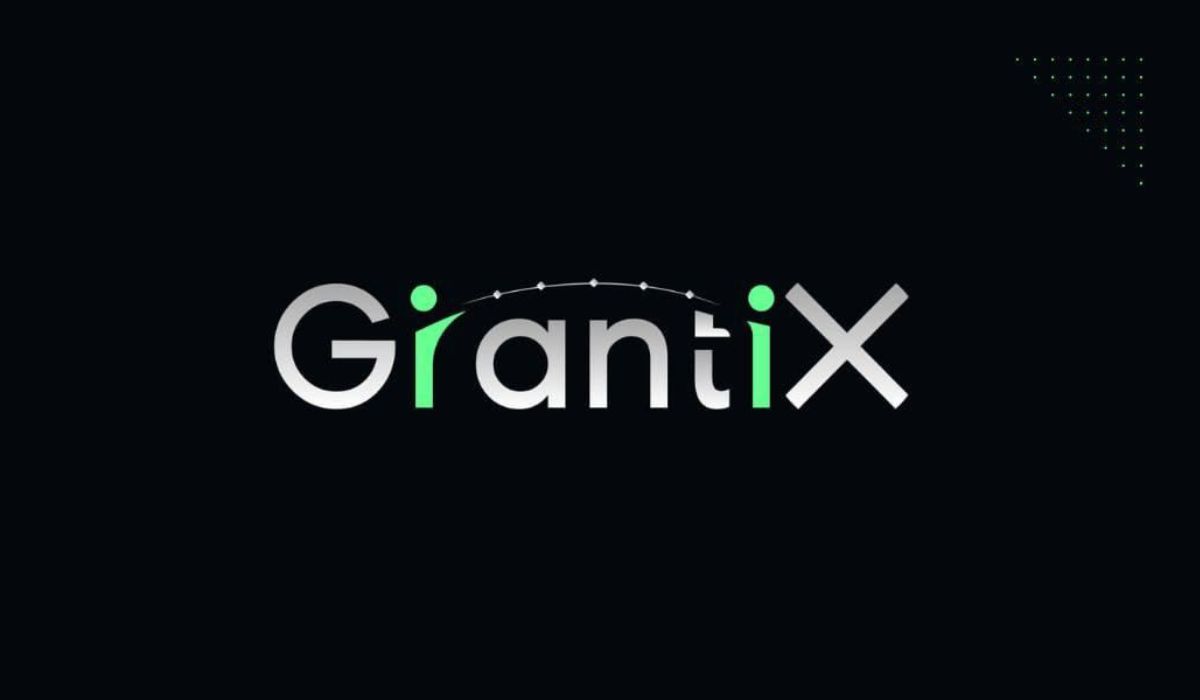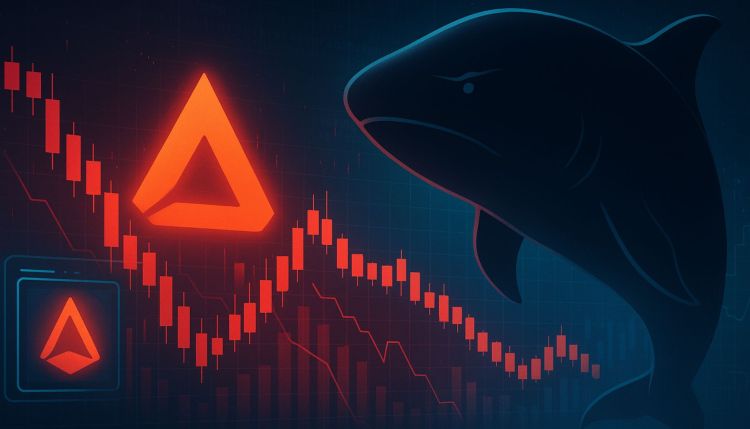
Q. My father died not too long ago. He didn’t own anything, not even a car. But he did have bills. From what we can tell, the money in his bank won’t even make a dent in what he owes. All of us children have collectively paid for his cremation. My brother Frank is the sole beneficiary of his life insurance and he has stated that he has been waiting almost two weeks to find out the amount. Dad also had $3,000 in a savings account. Of course, Frank knows he doesn’t have to tell us anything since he is the sole beneficiary. My question is, do we have to have an executor? His bank account is already frozen. Most of his children are falling on hard times and can’t afford the process. There’s nothing to divide. Relationships are already very strained. Any advice would be greatly appreciated. — Richard D .
FP Answers: Richard, I am sorry to hear of your loss. You do not specify what jurisdiction your father resided in. I am licensed as a lawyer in Ontario and cannot provide you with information for any other province. I can, however, draw an analogy from Ontario.
Do not use your money to pay your father’s debts; your situation requires practical advice. Your family is grieving and there was no one in control of your father’s estate. I am glad to hear that your family co-operated to share cremation costs. You did not mention if your father had a spouse or partner — these people may have claims to share in your father’s estate.
Since your father died without a will (that can be located), his jurisdiction’s intestate laws apply and you will need legal advice about these. They decide who is in control of your father’s estate, who benefits and when. In Ontario, this is specified in Part II of the Succession Law Reform Act, R.S.O. 1990, c. S.26.
Someone may need the court to appoint them to control your father’s estate to collect assets. You indicate that there are more bills than assets and you should discuss with a lawyer what is practical. Institutions may require court appointments to release funds.
You should investigate if your father’s funeral home offers a service to cancel pension benefits and credit cards. Note that some cards and debts may be life insured. You can prepare lists of potential debts and benefits that your father may have from his previous employer or union, or the government. These may help settle his debts and determine what to do.
Your brother Frank may not be the life insurance beneficiary. The insurance company might only pay proceeds to your father’s estate or a trustee. This may help settle some of your father’s debts or funeral costs if the insurance was obtained for that purpose.
You will need to consult with a lawyer to determine if there is any benefit for anyone to become your father’s estate trustee without a will. In some provinces, this may be appointing a personal representative or estate administrator. You don’t need a court appointment to collect a Canada Pension Plan (CPP) death benefit if your father is entitled. This benefit, however, is taxable for whomever receives it.
In Ontario, if there is no named executor or will, usually only an Ontario resident can apply to administer estates without wills. This may also be the case in your father’s jurisdiction. A court order is required to appoint an estate administrator.
The court will want to know if there is a spouse or partner, and if all adult, capable beneficiaries agree that a bond (which protects the deceased person’s estate and its beneficiaries from an administrator’s potential mishandling of assets) is not required. You may need to list all debts that are unpaid. Estate administrators are required to pay creditors before distributing any funds to beneficiaries from the frozen bank account.
If the debts exceed your father’s assets, you will need a legal opinion to determine how debts are paid on a pro rata basis and if you will be entitled to compensation, as well as your legal and funeral costs, in priority to all creditors. Bear in mind that the largest creditor in most estates is the Canada Revenue Agency (CRA) . CRA may indicate that your father had outstanding income tax returns. He may be entitled to a refund for any taxes that were deducted or overpaid.
How can I diversify out of my GICs into dividend or capital appreciation stocks? Laid off at 52, no pension and $250,000 in RRSPs. Is retirement a pipe dream?In your jurisdiction, the Public Guardian and Trustee may, in limited cases, administer your father’s estate as a last resort, but not offer you legal advice.
Edward Olkovich is an Ontario lawyer at MrWills.com. He is certified by the Law Society of Ontario as a specialist in estates and trusts law. This information does not substitute for legal advice.













 Bengali (Bangladesh) ·
Bengali (Bangladesh) ·  English (United States) ·
English (United States) ·